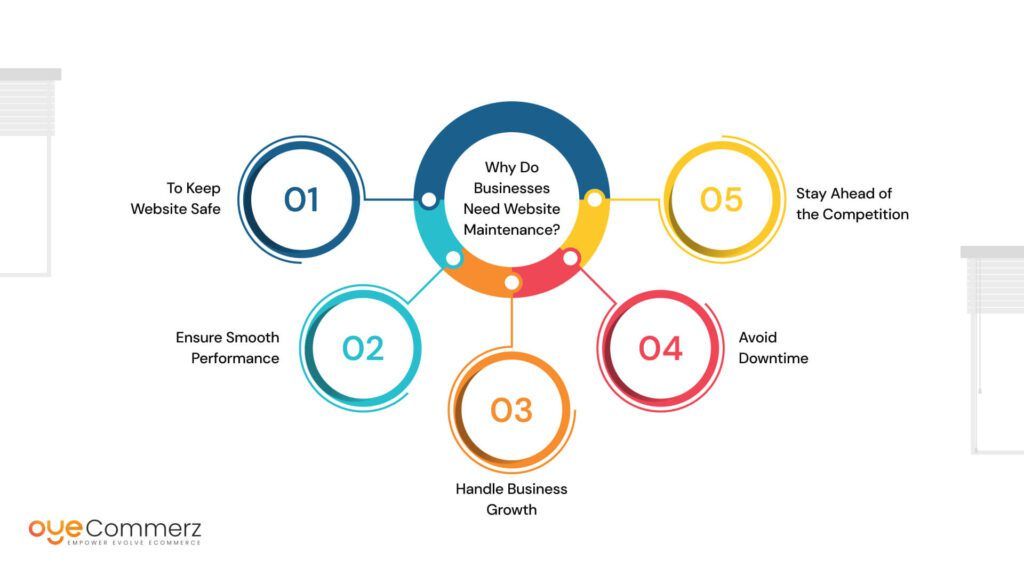In the dynamic landscape of online retail, selecting the right platform is vital for your company’s prosperity. If you’re presently using WP and thinking about a migration to an alternative, you’re not the only one. Countless businesses are switching to leverage Shopify’s comprehensive tools, ease of use, and expandability. This guide will guide you on the process of migrating from WP to this platform effortlessly, ensuring that you unlock your eCommerce potential.
Why Switch from WordPress to Shopify?
Ahead of exploring the migration process, it’s crucial to realize why this transition can be beneficial for your digital storefront:
Intuitive Design: Shopify offers an intuitive system that simplifies store handling, making it easier for non-technical users.
Flexibility: As your business expands, Shopify can support greater traffic and sales without affecting speed.
All-in-One Solutions: Shopify comes with built-in tools for search engine optimization, analytics, payment processing, and more, eliminating the requirement for multiple plugins.
Robust Protection: With Shopify, you benefit from robust security protocols that safeguard confidential customer details.
Steps for a Seamless Migration
Migrating your online store from WordPress to Shopify involves multiple actions.
Here’s steps to achieve a hassle-free transition:
Outline Your Migration Strategy
Start by mapping out your migration plan. Decide on which aspects of your existing site you want to move, such as:
Product data
User details
Transaction records
Posts
Select the Best Migration Solution
Based on your preferences, select a migration plan that aligns with your store. Professional services provides multiple plans:
Starter Package: Ideal for small stores with minimal products.
Standard Migration Package: Appropriate for medium-sized businesses with more complex needs.
Advanced Plan: Best for high-volume stores needing custom customization.
Backup Your Information
Before beginning the migration, ensure that you have a full backup of your WP site. This action is essential in case anything goes wrong during the migration.
Export Your Information from WordPress
Leverage plugins or alternative solutions to extract critical content from your WP site:
Products
Customers
Sales records
Blog posts
Migrate Data into Shopify
After you have your information extracted, use Shopify’s import tools or specialized apps to transfer your information into your Shopify store. Confirm that all data is accurately formatted and arranged.
Customize Your Shopify Site
Following migrating content, tailor your Shopify site’s design to align with your style. Consider working with a developer if you want advanced customization.
Establish Payment Gateways and Logistics
Set up billing solutions and logistics options in Shopify to ensure a user-friendly purchase experience Shopify business scalability for customers.
Adopt Search Engine Optimization Guidelines
To preserve your SEO performance during the change:
Set up 301 link updates from old URLs to new ones.
Refresh metadata.
Optimize visual content and copy for better ranking.
Evaluate Your Migrated Store
Ahead of launching, extensively check your migrated platform. Look out for any errors, checkout failures, or untransferred content.
Launch Your Site
After everything is in place, it’s time to go live! Shopify product data migration Announce the update to your clients and invite them to explore the enhanced capabilities of your Shopify store.
Post-Migration Assistance
Following launching your updated store, regular support is important. Think about engaging service providers who can guide with:
Troubleshooting
Marketing strategies
Enhancing features
Conclusion
Migrating from WP to this platform can be a game-changing step for your eCommerce. By using this guide and utilizing tools like those offered by dedicated providers, you can guarantee a seamless transition that enhances your business potential. Embrace the opportunity and realize the full capabilities of Shopify today!
